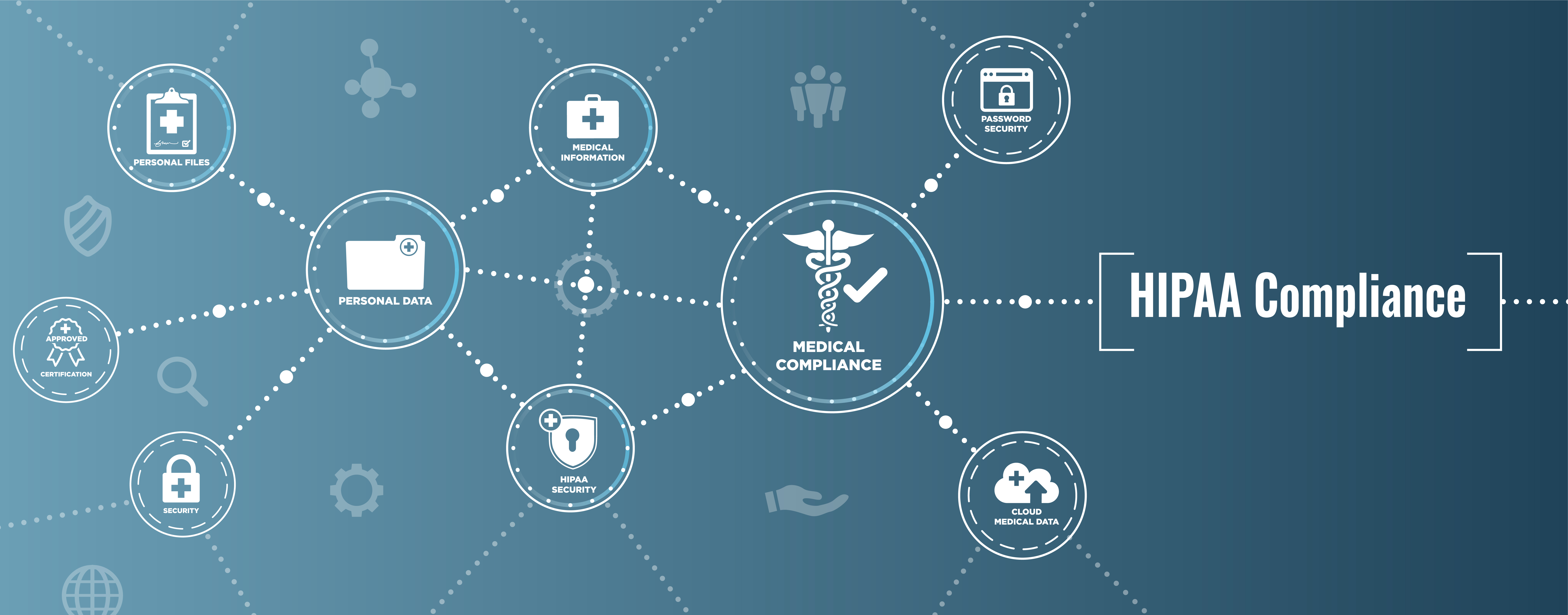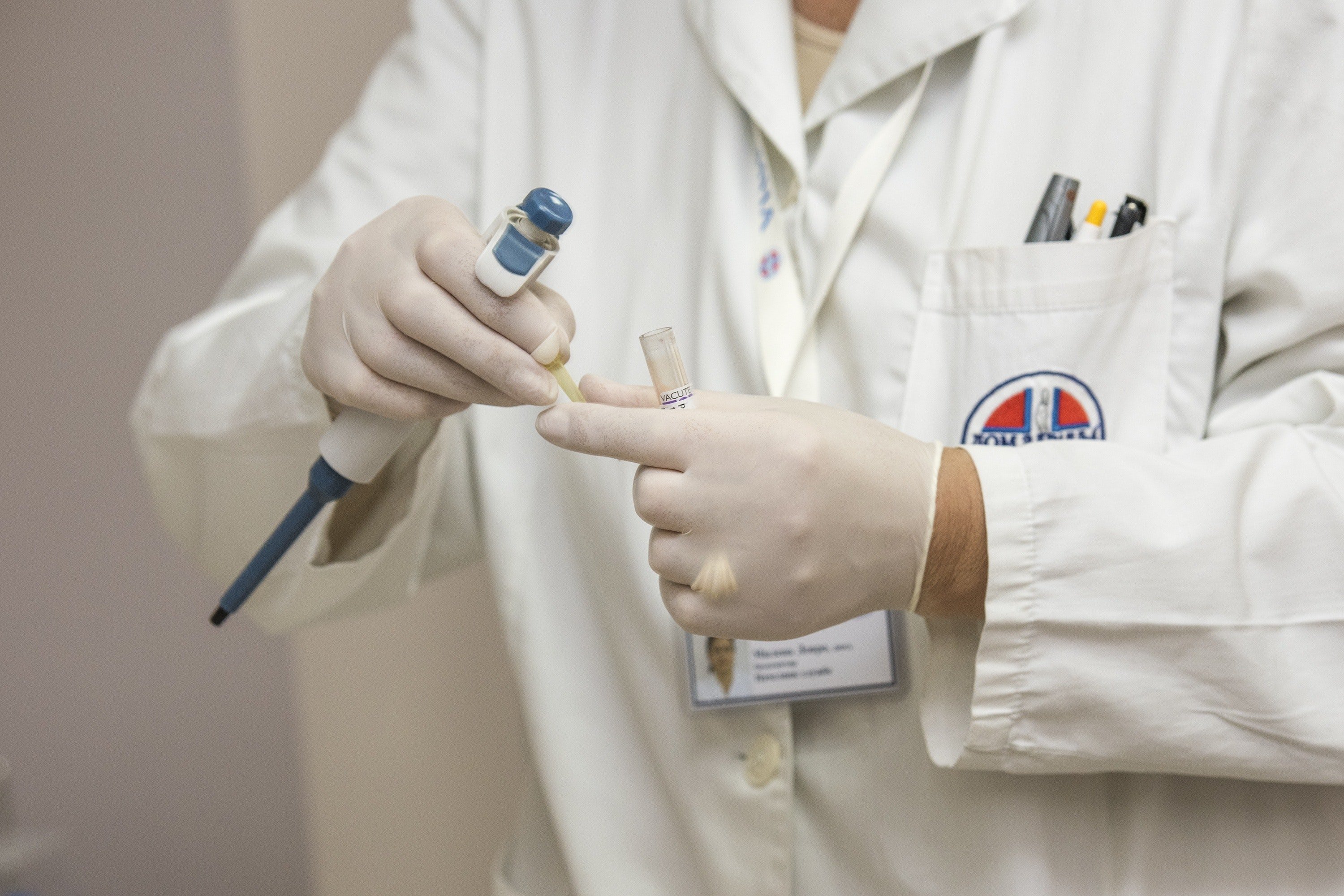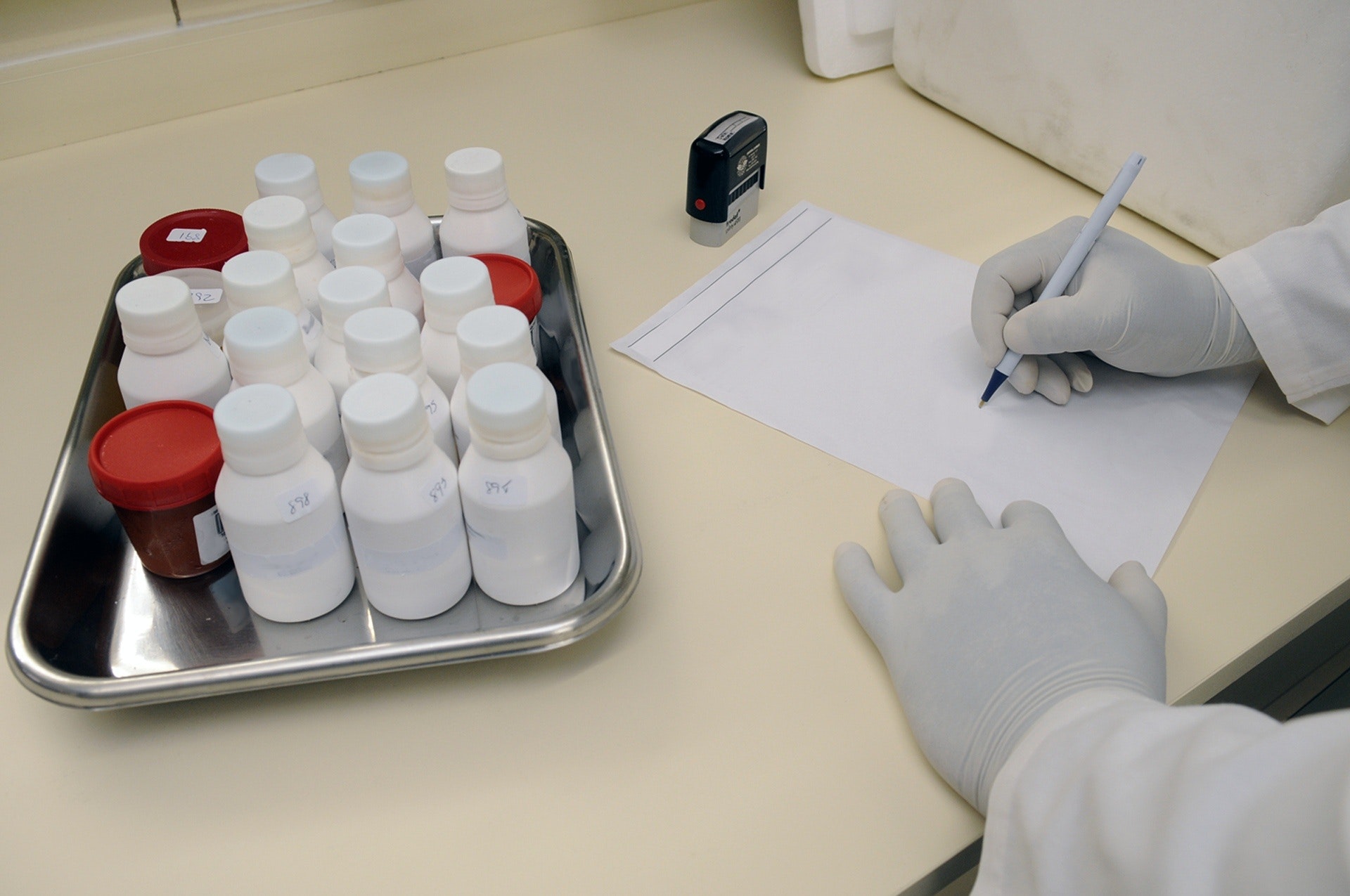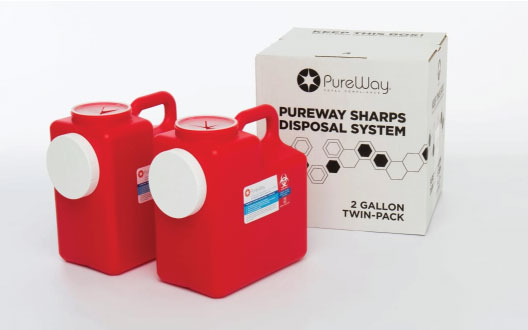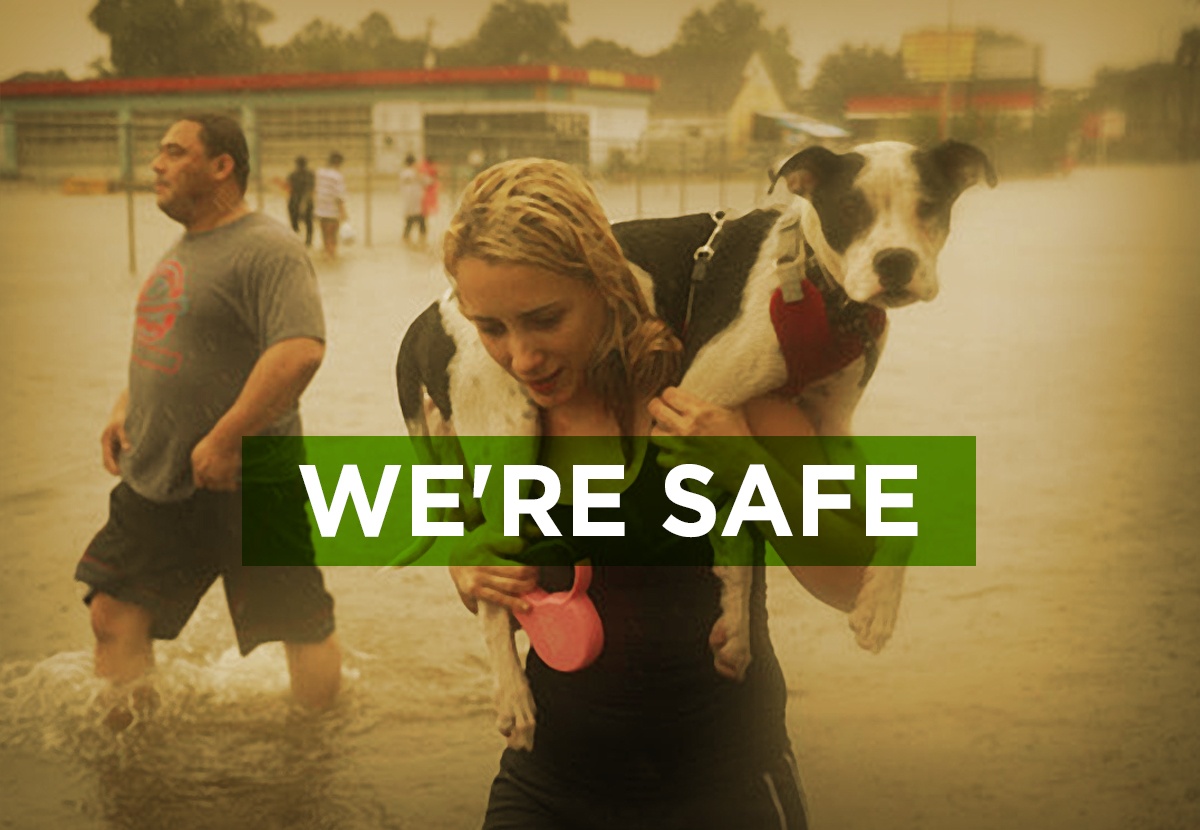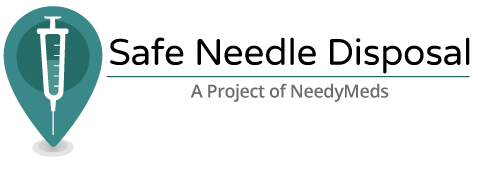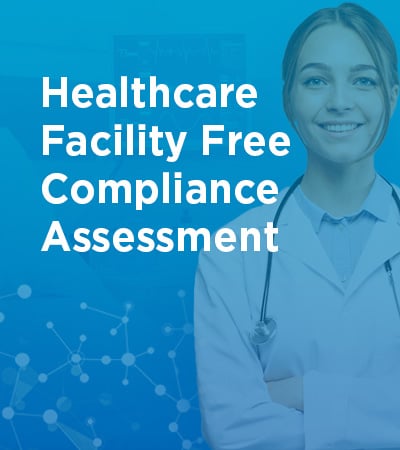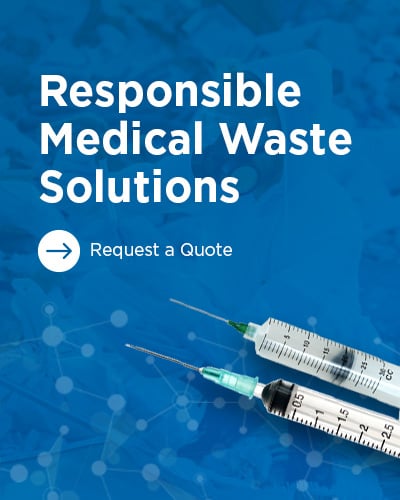As a patient, it is normal to constantly be concerned about what happens to your health information and who has access to it. Did you know that Protected Health Information (PHI) under HIPAA Law is covered for 50 years after death? It’s important to know what the Health Insurance Portability and Accountability Act (HIPAA) does, and how it protects your information. In this article, I’ll cover the rules of HIPAA, ...
The Occupational Safety and Health Administration (OSHA) was created to “ensure safe and healthful working conditions for workers by setting and enforcing standards by providing training, outreach, education, and assistance”. OSHA offers many different training options that allow people to learn about first aid training, fire watch requirements, OSHA hazard assessment, personal protective equipment (PPE), electrical safety, ...
The CDC has confirmed 116 cases of a rare polio-like disease called acute flaccid myelitis (AFM) in the U.S. this year as of the date of this post. Found in 31 states as of Monday, over 90% of the cases involve children under the age of 18. For the most part, those affected were experiencing a mild respiratory illness before contracting the disease. What is AFM? Acute flaccid myelitis affects the nervous system, specifically ...
When it comes to the disposal of regulated medical waste, there are many standards that have been put into place by the Occupational Safety and Health Administration (OSHA) in an effort to protect healthcare workers from unnecessary exposure to potentially infectious materials. In 1991, OSHA created the Occupational Exposure to Bloodborne Pathogens Standard. This standard defines regulated medical waste and clarifies basic ...
In previous articles, we have identified the varying types of medical waste produced in dental offices and some ways of lowering the costs for the disposal of that waste. This article will address hazardous waste, hazardous waste disposal specifications, and the regulations surrounding hazardous waste generators. Hazardous Waste Defined Hazardous waste is defined as waste with “properties that make it dangerous, or capable of ...
There are four main categories of medical waste in a dental office: sharps, infectious, hazardous, and non-hazardous. Learn about each here. As a waste management and compliance company we often get asked by dentists “What are the different types of waste I am required to dispose of and show documentation for?” There are four main types of dental waste, and each comes with its own standard for proper disposal. In this post we ...
This blog will cover requirements for medical waste disposal and the differences in the options available for disposal. To start, OSHA (Occupational Safety Health Administration) defines as regulated waste as Liquid or semi-liquid blood or other potentially infectious materials; contaminated items that would release blood or other potentially infectious materials in a liquid or semi-liquid state if compressed; items that are ...
To our customers: We are safe and available to you. Although our offices were also impacted by flooding and many of our staff had to be evacuated, PureWay Waste Compliance (Katy, TX) remains 100% operational and we are working with our out-of-state offices to ensure all orders get processed within 48 hours. As a waste compliance service, we will go the extra mile to assist our customers and those affected in the greater ...
Massachusetts has become the first U.S. state to require pharmaceutical manufacturers to finance and manage a solution for consumers to safely dispose of unwanted or unused medications. This law is part of a drug abuse prevention bill that aligns with President Obama’s previously signed legislation allowing states to create take-back programs for prescription and over-the-counter medications. Not only will this law save the ...
PureWay, a health-focused organization specializing in medical waste management and compliance solutions, is proud to partner with Safe Needle Disposal, a non-profit dedicated to educating the public about safe needle disposal programs. At-home sharps injectors will now not only have access to a user-friendly informational resource and regulatory experts to help answer all their sharps-related questions, but they will also be ...
Category
- sharps disposal (40)
- Medical Waste (38)
- sharps container disposal (37)
- sharps mail back (31)
- Compliance (27)
- Pharmaceutical Waste Disposal (17)
- Safety (17)
- Infection Control (13)
- Dental Practice (12)
- Hazardous Waste (11)
- OSHA (11)
- biohazardous waste disposal (11)
- #GLP1 (10)
- patient support programs (10)
- News (9)
- Hazardous Waste Disposal (8)
- Universal Waste (8)
- amalgam disposal (8)
- vet sharps disposal (7)
- OSHA Training (6)
- amalgam separators (6)
- Diabetes (5)
- amalgam recycling (5)
- dental clinical waste disposal (5)
- Amalgam (4)
- Diabetes Mangagement (4)
- ECOII Amalgam Separator (4)
- medication disposal (4)
- quart containers (4)
- veterinary medical waste (4)
- Diabetes Awareness (3)
- News & Regulations (3)
- surface disinfectant (3)
- Diabetic Kit (2)
- HIPAA (2)
- flu vaccine (2)
- influenze (2)
- sharps disposal for veterinarians (2)
- BioSURF (1)
- HIPAA Compliance (1)
- HIPAA Law (1)
- HIPAA Violation (1)
- RP Returns (1)
- improving patient experience (1)



